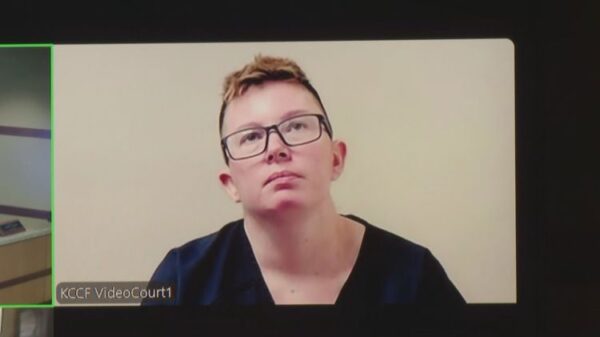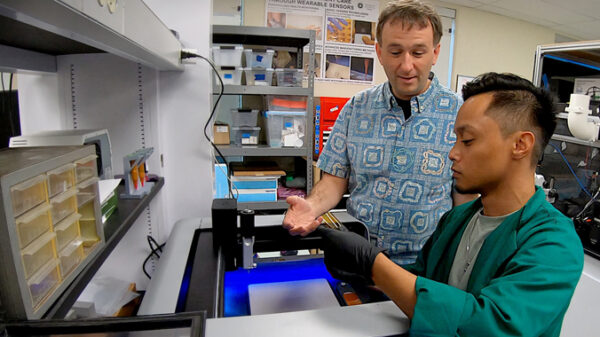Dr. Randy F. Sweis, MD, an assistant professor of medicine at the University of Chicago Medicine, has outlined the next steps for the development of the bispecific antibody XmAb819, currently being tested in patients with advanced renal cell carcinoma (RCC). The ongoing phase 1 study, registered under NCT05433142, focuses on patients whose cancer has progressed despite standard therapies.
The primary objective of this trial is to assess the safety profile of XmAb819, specifically monitoring for conditions such as cytokine release syndrome. Dr. Sweis emphasized the importance of identifying optimal dosing strategies to mitigate potential safety signals. Unlike traditional approaches that prioritize determining the maximum tolerated dose (MTD), this study aims to find the optimal biologic dose that achieves therapeutic effectiveness while minimizing adverse effects.
Shifting Paradigms in Cancer Treatment
The trial seeks to balance efficacy and safety, a vital aspect of early-phase investigations. Researchers are not only examining whether an MTD exists for XmAb819, but they are also exploring minimally effective doses. This shift reflects a broader trend in oncology, where the focus is moving towards achieving therapeutic goals without exposing patients to unnecessary risks.
In addition to evaluating various dosing strategies, the study investigates different administration routes, including intravenous and subcutaneous options. Once a beneficial dosing method is confirmed, the study plans to expand its cohort, specifically targeting patients with RCC.
Dr. Sweis articulated a vision for the future of XmAb819, noting that its potential applications extend beyond kidney cancer. The research paradigm aims to assess the agent’s efficacy in other tumor types characterized by ENPP3 expression. Future targets may include cancers such as papillary kidney cancer, non-small cell lung cancer, and colon cancer.
Looking Ahead
The expansion of the XmAb819 study could open new avenues for treatment in various cancer types, reflecting the dynamic nature of cancer research. As the trial progresses, the medical community remains hopeful that this innovative approach will yield significant advancements in cancer therapy.
Dr. Sweis’s insights highlight a pivotal moment in cancer treatment research, where the focus is increasingly on personalized medicine and targeted therapies. The outcomes of this trial could influence treatment protocols for RCC and potentially reshape therapeutic strategies for multiple malignancies.





































































